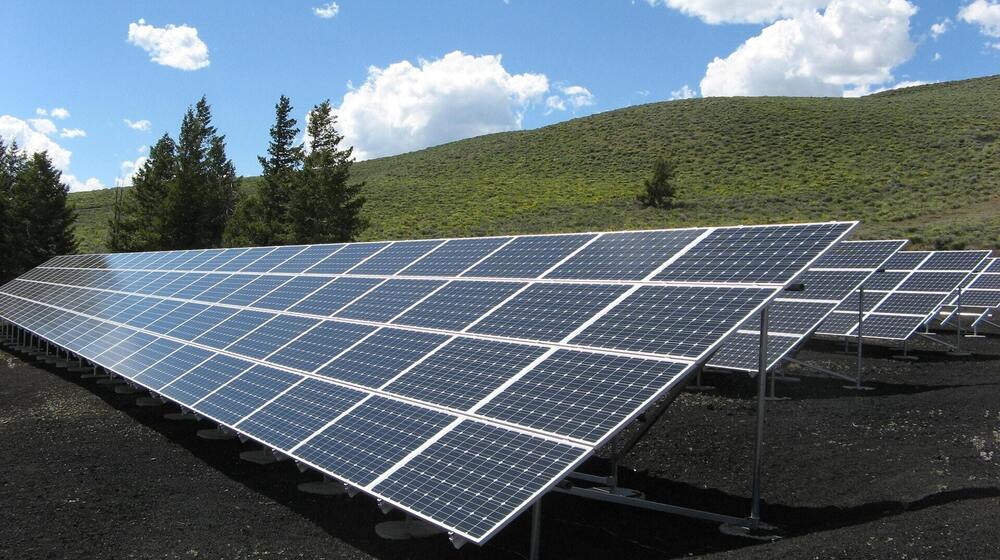The Power Division is set to present a revised solar net metering policy to the federal cabinet within the next two weeks, aiming to extend the payback period from 1.5 years to 2–3 years. The proposal is intended to curb excessive returns for rooftop solar users and help manage the growing electricity surplus in the national grid.
Speaking on Thursday, Federal Power Minister Awais Leghari clarified that while the policy will not reduce electricity tariffs, it will help prevent further increases. He emphasized that net metering users will not be penalized, but noted that the current incentives are unsustainable and could eventually drive up electricity costs even for solar consumers.
READ MORE: Dewan Motors Slashes BMW Prices Following Budget Tax Relief for FY 2025-26
Leghari confirmed that a summary has been submitted to the cabinet to finalize wheeling charge rules, which govern how electricity is transferred between grids and users.
Talks with IMF for Power Supply to Energy-Intensive Industries
The government is also in discussions with the International Monetary Fund (IMF) to supply 5,000–6,000 megawatts of surplus electricity to high-consumption sectors like data centers and crypto mining, potentially at marginal cost. This move is part of a broader plan to optimize the country’s power generation capacity.
End of Electricity Duty Collection for Provinces
In another development, Leghari announced that the federal government has officially informed provinces that distribution companies (Discos) will no longer collect electricity duties on their behalf. So far, only one province has responded. Once feedback from all provinces is received, the matter will be escalated to the cabinet for a final decision.
Improvement in Disco Losses
The minister reported a significant reduction in technical and billing losses at Discos, which fell from Rs. 591 billion in FY24 to Rs. 399 billion in FY25. This improvement reflects ongoing reforms in the power distribution sector.



